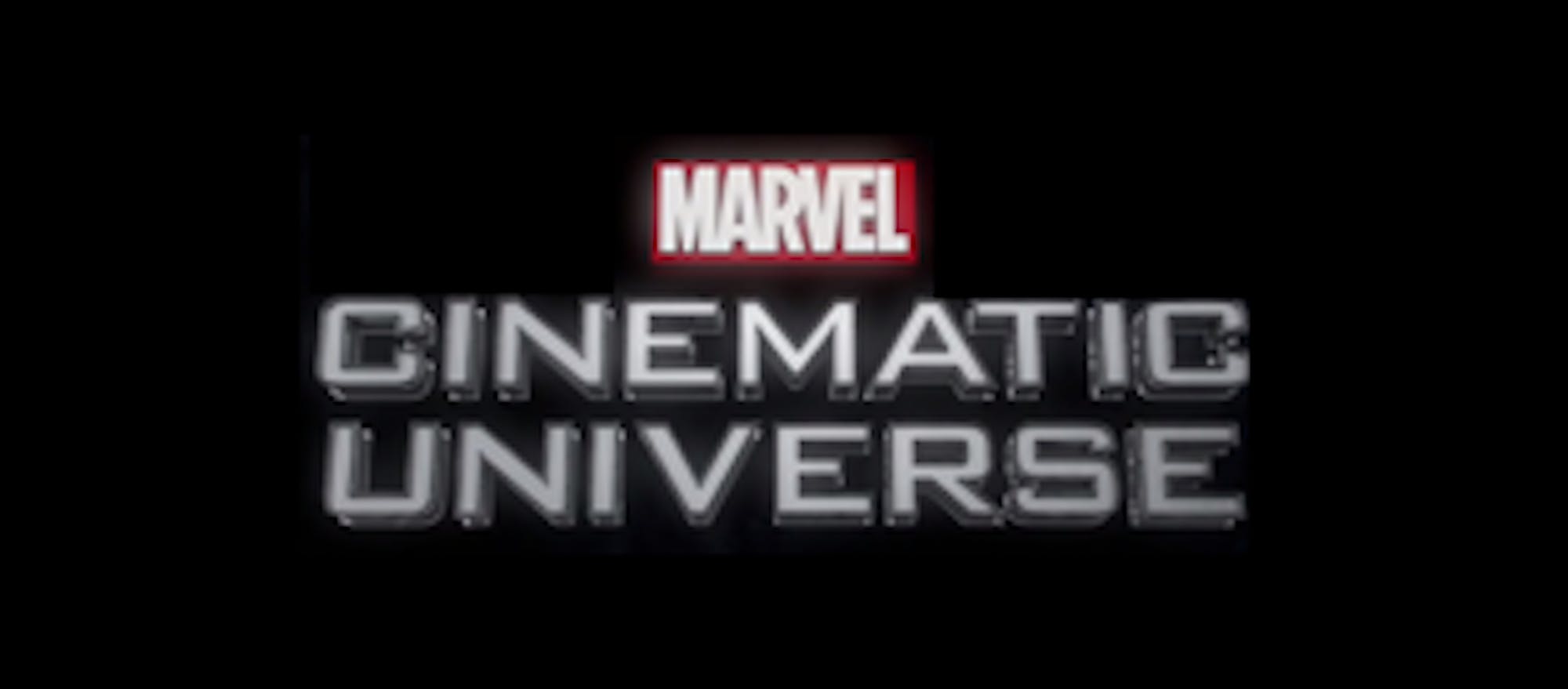In the era of social media and creation platforms, it has become significantly easier to discover communities of people with common, loved interests. From niche topics like different types of soups to extremely popular Disney movies like "Encanto" (2021), platforms like TikTok and YouTube make it possible for individuals to broadcast their own thoughts and theories about their favorite media pieces and for others to build on or encourage them. A noticeable section of this shared love is shown through fan theories.
Marvel, Pixar and Star Wars nerds have most likely come across a few fan theories and may even have created some of their own. YouTubers, such as MatPat and J and Ben Carlin, and TikTok influencers, like Juju (@straw_hat_goofy) and Megan (@jstoobs), have become some of these fandoms most recognized theorists, trying to predict the plots, endings or just random pieces of information for mainly film and TV audiences.
However, the question to answer today is: Are these theorists and theories killing our film and TV experiences? Theorists spend sometimes hundreds of hours on a theory, analyzing multiple pieces of media and source material to craft and back up their thoughts and conclusions. Some theories tackle giant questions (i.e. in The Film Theorists' video "Who Won’t Survive Avengers Endgame") while others simply serve to add more world-building (i.e. in the Super Carlin Brothers' video "What is Neville Longbottom’s Patronus?"). These theories help to engage new views or further excite lifelong fans about their fandoms, but sometimes they can cause more harm than good when they all but outdo the original material.
Larger theories that tackle the very foundation of a fictional world or that predict how large events in that world will play out can stir resentment or disappointment in a fanbase when they end up not coming true, as with WandaVision (2021–). While viewers tuned in every Friday to see what the Scarlet Witch was getting up to that week, fans were putting in overtime work making videos theorizing that the Marvel Cinematic Universe was finally going to be introducing the X-Men and mutants. Pulling from the original comic book source materials, TikToks with "#wandavision" gained nearly 10 billion views while being posted and spread across the platform. Some videos hypothesized that Wanda would end her show with her famous “no more mutants” line.
All of the easter eggs seemed poised to lead to a big revelation that would delight any Marvel nerd, with theorists shouting “Mephisto” at any suspicious character. But instead, fans were a mix of disappointed and peeved at the end of the miniseries’s run. Theories about mutants and devils got fans excited for developments creating an explosion of new conversations in the fandom, but these same theories set expectations too high.
On the other hand, smaller theories that simply exist to expand the fictional world can keep the fire of a fandom burning strongly, like the Super Carlin Brothers' Harry Potter characters' Patronus series. These types of theories focus on small parts of a world or character and pull from the source material to add to them, instead of trying to predict a significant event in the story being told.
Even if these theories are debunked in the future by the original creators, they do little to influence the overall fictional world. If Neville Longbottom’s Patronus turns out to not be a honey badger, Hogwarts and the Wizarding World doesn’t suddenly crumble down.
We can see how fan theories truly influence our viewing experience in the buzz and hype leading up to "Spider-Man: No Way Home" (2021). Early on, theories began to circulate that Andrew Garfield and Tobey Maguire would once again wear the Spider-Man suit in Tom Holland’s third movie with the franchise.
This theory explored Garfield's and Maguire’s characters helpingHolland’scharacter come into himself as a superhero and delivering the famous “with great power must also come great responsibility” line, leaving fansexcited. This hype meant that if all three Spider-Men were not on the same screen in this movie, it would not measure up.
Theories like this one then put great pressure on the story and the creators to give the audience what they want and what they need. In the case of "Spider-Man No Way Home," the creators wanted to tell a story that was in line with the theories, but what if they had wanted to take a different direction, something the audience was not expecting?
With larger projects beloved by large groups of people, creators run the risk of disappointing their fanbase. Theories that go to the very foundation of a world can even break a fandom if they do not come true. In the age of social media, fan theories can do significant good and harm to their fandom.






